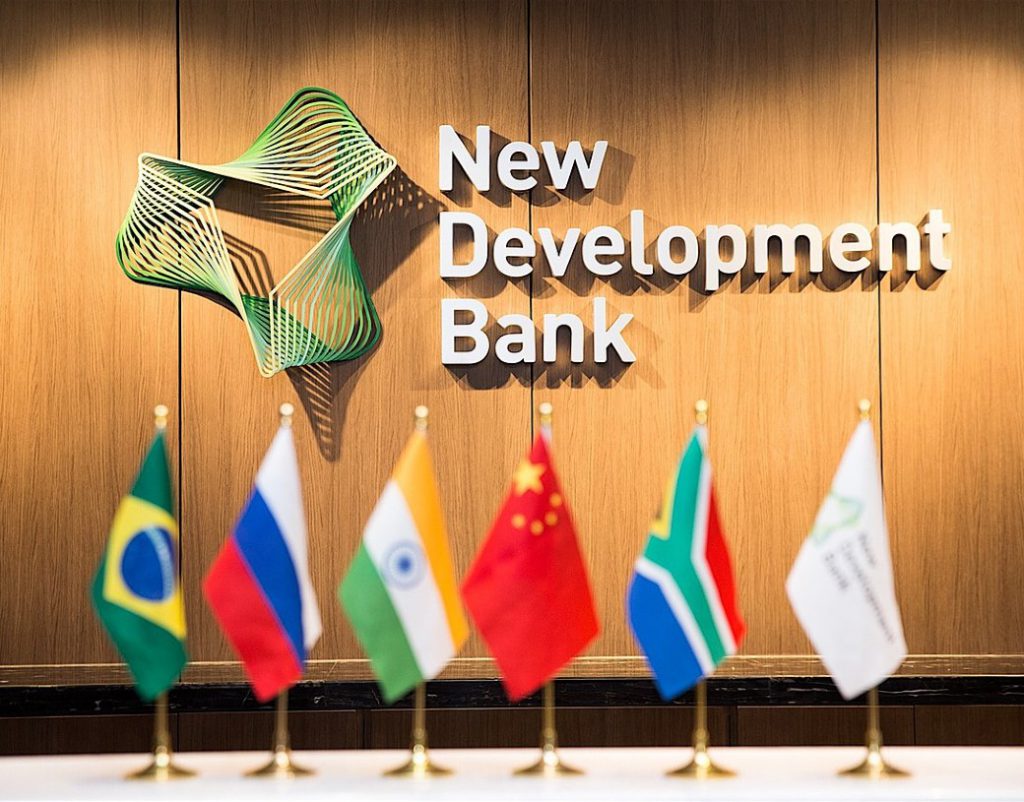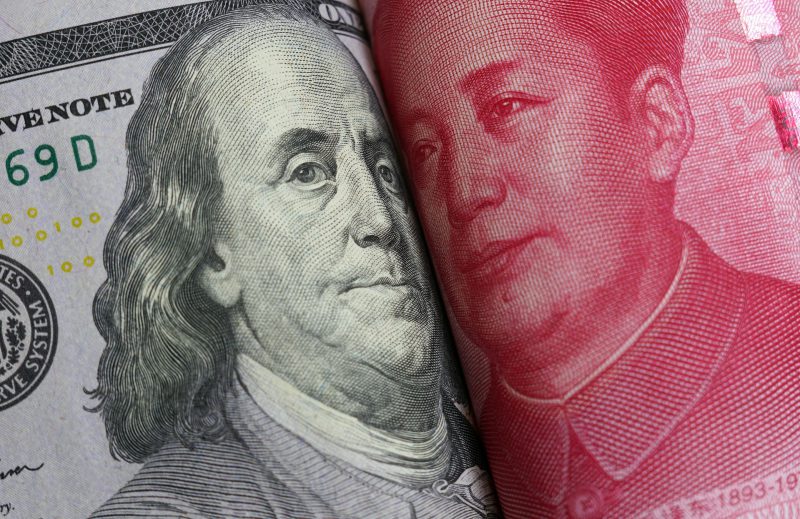Yesterday, the BRICS New Development Bank announced that it had no immediate plans to develop its own currency. Subsequently, the news was rather surprising to many who foresaw that as a major matter to be discussed at the upcoming summit. Yet, further statements have shown that BRICS is prioritizing national currencies over a US dollar alternative.
In a new statement, India’s Foreign Minister, S. Jaishankar, said that “there is no idea of a BRICS currency,” currently in development. Additionally, he stated that “currencies will remain a national issue for a long time to come,” in a subsequent comment.


Also Read: India and Brazil Are Concerned About BRICS’ Expansion Push
BRICS Focus Remains on National Currencies
The BRICS bloc has seen undeniable growth take place throughout this year. Moreover, they have facilitated that growth to challenge the global power balance. Specifically, utilizing the perspective of the global south to build an alternative to the long-dominant West.
With the upcoming BRICS summit on the horizon, many expect expansion efforts and an alternative currency to dominate the conversation. However, it appears as though only one of those will come to fruition, as the BRICS bank has clearly stated that a currency connected to the bloc is not in the immediate plans.
Now, it appears as though the development of that currency will take a back seat to the building of local money. Specifically, in a new quote, BRICS assured its prioritization of national currencies over the development of a US Dollar alternative.


Also Read: Key BRICS Meet This Week Will Discuss & Finalize Expansion Efforts
India’s Foreign Minister said, “On what we will discuss at the BRICS meeting, we’ll have to see because there are many other issues, but there is no idea of a BRICS currency,” according to Business Insider. “Currencies will remain a national issue for a long time to come,” he added.
The statement is both surprising and understandable. The development of a dollar alternative comes with its fair share of challenges, especially considering the host of countries whose interests must align in its creation. Thus, the option to instead focus on national currencies allows the plan to continue to come to fruition.
The move will likely see countries in BRICS follow similar actions taken by China. The country has consistently been building the yuan through mass de-dollarization efforts enacted by the bloc. Now, it will likely rely on those developments to continue to diminish the greenback’s relevance. Something that will certainly be possible considering the mass adoption of the renminbi in recent months.





